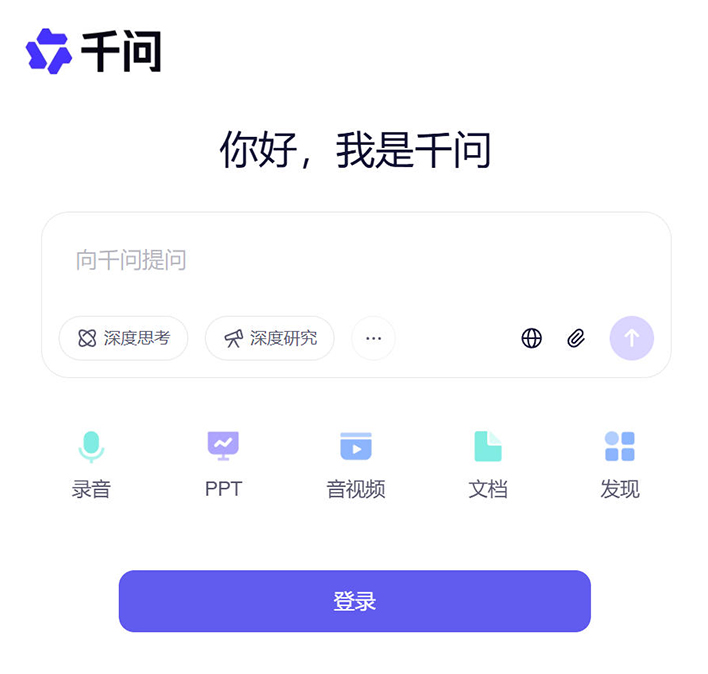The Abbreviation of Speech Interaction Products in English
With the rapid development of artificial intelligence, speech interaction products have become increASIngly popular and prevalent in our dAIly lives. These innovative technologies have revolutionized the way we communicate with machines and have greatly enhanced our user experience. In the field of speech interaction products, there are several commonly used English abbreviations that are widely used and recognized. In this article, we will explore these abbreviations and their meanings.
The first and most well-known abbreviation is ASR, which stands for Automatic Speech Recognition. ASR technology converts spoken language into written text, allowing computers and other devices to understand and interpret human speech. This technology has been widely used in various applications, such as voice assistants, transcription services, and call center systems.
.jpg)
Another widely used abbreviation is NLU, which stands for Natural Language Understanding. NLU technology enables computers and machines to comprehend and interpret human language in a more natural and human-like way. It involves the analysis of sentence structure, semantics, and context to extract meaning from spoken or written language. NLU forms the foundation for many advanced speech interaction products, including virtual personal assistants and chatbots.
TTS is another important abbreviation, which stands for Text-to-Speech. TTS technology converts written text into spoken words, allowing machines to generate human-like speech. This technology has greatly improved the accessibility and usability of devices and applications, enabling visually impaired individuals to interact with computers and smartphones more effectively.
In addition to these abbreviations, there are other important terms in the field of speech interaction products. For example, STT (Speech-to-Text) technology is the opposite of TTS, as it converts spoken language into written text. STT is commonly used in transcription services, voice commands, and voice search.
Furthermore, ASV (Automatic Speaker Verification) technology is used to verify the identity of a speaker based on their unique voice characteristics. This technology has applications in security systems, authentication processes, and voice-controlled access.
Lastly, there is SSL (Speech Synthesis Markup Language), a markup language used to control various aspects of TTS systems. SSL allows users to modify the pitch, tone, and speed of speech output, providing a more customized and natural user experience.
In conclusion, speech interaction products have transformed the way we communicate with machines, and their English abbreviations play a crucial role in describing and understanding these technologies. From ASR to SSL, each abbreviation represents a specific aspect of speech interaction products, highlighting the advancements and possibilities that artificial intelligence brings to our daily lives.







 津公网安备12011002023007号
津公网安备12011002023007号